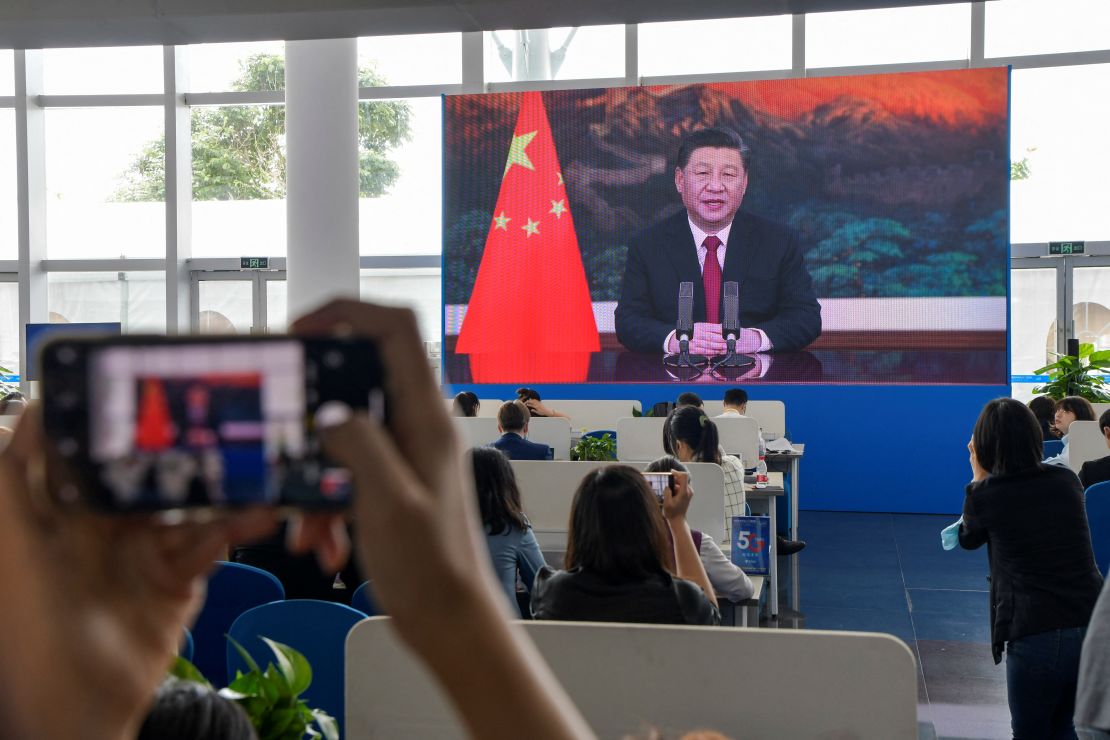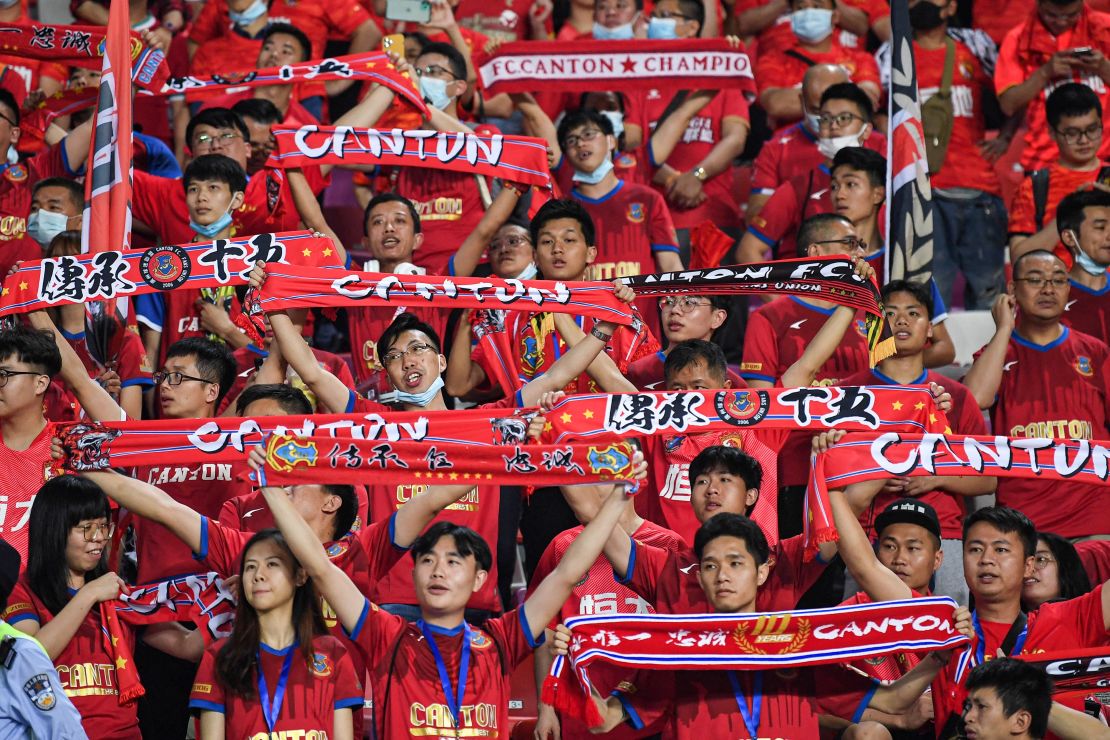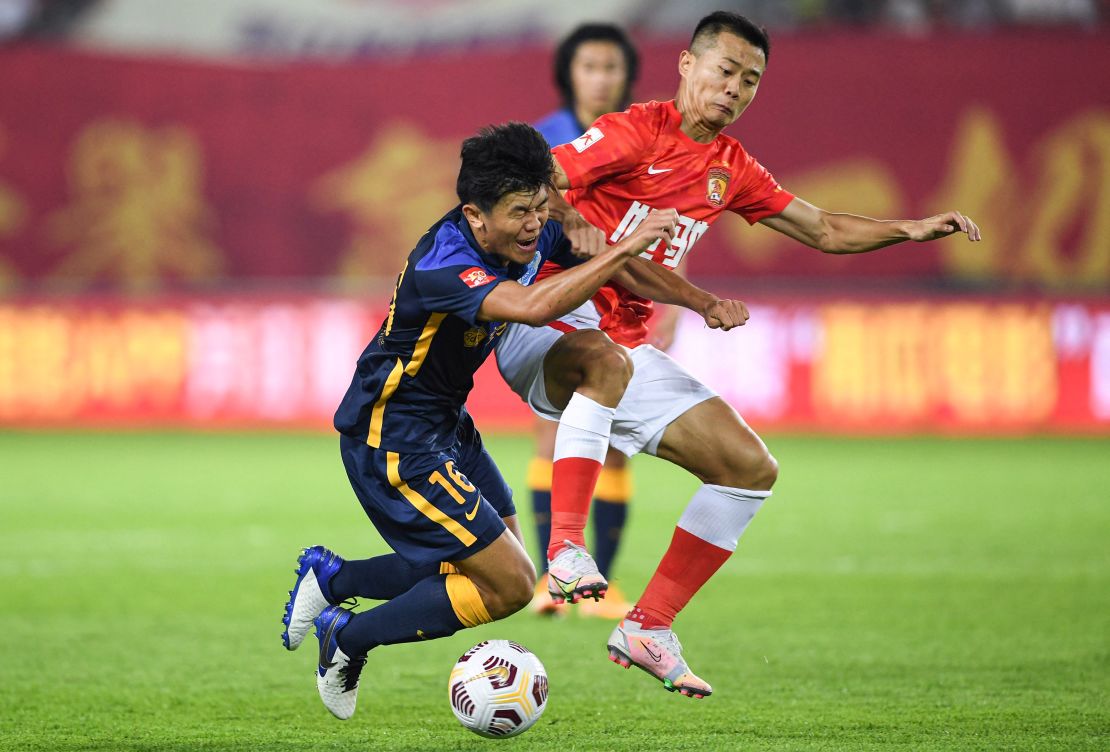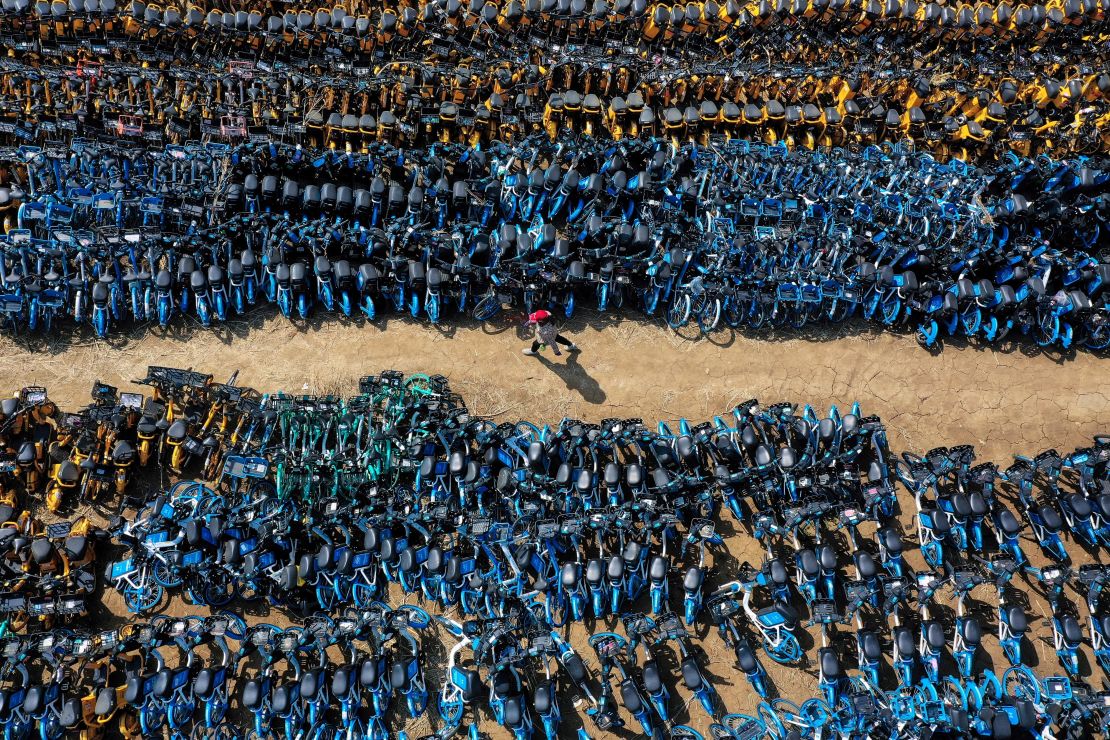Editor’s Note: This is a wrap of several top stories from China for April 21, 2021.
As much as China may want to promote its domestically-produced Covid-19 vaccines, it has to face reality.
Last month, Beijing issued a new policy making it easier for foreigners to apply for a visa to China if they had received a Chinese vaccine – raising concerns among experts, who warned it risked setting a dangerous precedent which could leave the world separated into vaccine silos.
There was also a practical problem: in many countries, including the United States, it is impossible to get a Chinese vaccine because they have not been approved for use by regulators.
With about half of adults in the US having received at least one Covid-19 shot, many travelers eligible to enter China – either Chinese citizens or foreigners who managed to obtain a visa – were left unsure whether the vaccine they received would be deemed sufficient to travel to China.
This confusion was fed by the fact Chinese officials and state media have been openly critical of foreign vaccines, particularly the mRNA-based shots primarily used in the US, exaggerating their alleged risks and boosting conspiracies in an apparent attempt to shore up support for China-made vaccines.
China’s embassy in Washington finally provided some clarity in a recent statement, outlining what tests travelers to China who have received one of the US-approved vaccines – Pfizer-BioNTech, Moderna and Johnson & Johnson – should get in order to be approved to enter the country.
With China largely back to business and infection rates low, it is likely many will soon attempt that process, particularly as the number of vaccinated continues to rise in the US.
Last month, China launched its own version of a vaccine passport, the International Travel Health Certificate (ITHC), to enable immunized people to travel more freely. The country is also moving in the direction of approving more vaccines, including foreign-made ones, which would make it easier for Chinese living overseas and foreigners hoping to travel to China to sign up to the ITHC.
According to the Wall Street Journal, Chinese officials have been scrutinizing clinical-trial data for the Pfizer-BioNTech vaccine, which could be approved for domestic use before July.
The Global Times, a state-owned newspaper, quoted the head of the Chinese Vaccine Industry Association as saying China’s approval “would showcase its caring” for expats who “wanted some foreign-made vaccines for easier recognition when they return home.”
And approving the BioNTech vaccine, which has an impressive efficacy of 97%, could also aid China in improving immunity levels among its own population, amid some concern about the relative low efficacy of domestic vaccines and supply shortages.
With the Pfizer-BioNTech shot among those attacked by China’s propaganda organs, however, approving it may take more than mere scientific sign-off, and it remains to be seen how much damage the criticism has had in terms of undermining the Chinese public’s confidence in foreign vaccines.

The business of China: Xi takes aim at bossy foreigners
Chinese President Xi Jinping this week called for global cooperation in the face of a growing anti-China front led by the United States, and warned that an “open world economy” is essential to recovering from the coronavirus pandemic.
“Attempts to erect walls or decouple run counter to the law of economics and market principles,” Xi said Tuesday via video at China’s Boao Forum for Asia. “They would hurt others’ interests without benefiting oneself.”
“We must not let the rules set by one or a few countries be imposed on others, or allow unilateralism pursued by certain countries to set the pace for the whole world,” Xi added.
While Xi did not name any country during his speech — top Chinese leaders usually do not name and shame — his remarks seemed like a veiled criticism of the United States, which has stepped up pressure on China in recent months.
Last month, the US and its allies condemned Beijing and imposed coordinated sanctions against Chinese officials over alleged repression of Uyghur Muslims and other ethnic minorities in Xinjiang province. Most of the harsh sanctions the Trump administration imposed on some of China’s most prominent technology companies remain in place, and trade tensions continue under the Biden administration.
“Bossing others around or meddling in others’ internal affairs would not get one any support,” Xi said at the forum, which was attended by thousands of executives and political leaders.
Some of America’s biggest entrepreneurs and investors participated in the event as they try to navigate the tumultuous relationship between the world’s top two economies. Blackstone’s Stephen Schwarzman and Ray Dalio, the billionaire founder of the world’s largest hedge fund, took part in a panel Monday night, according to the organizers. Apple CEO Tim Cook and Tesla CEO Elon Musk are also expected to attend.
Quoted and noted
“At the invitation of US President Joe Biden, President Xi Jinping will attend the climate summit in Beijing on April 22 via video and deliver a speech.”
– After US climate envoy John Kerry’s visit to Shanghai resulted in a dull but promising joint statement, Xi’s participation in Biden’s proposed leadership summit later this month, announced by Chinese foreign ministry spokeswoman Hua Chunying, could be a major step forward, both in terms of warming the frosty bilateral relationship, and in addressing the unfolding climate disaster.

The other Super League
With all attention in the soccer world on the slow, ugly collapse of the European Super League (ESL), the Chinese Super League (CSL) got off to a somewhat more dignified start to its latest season Tuesday, with a 2-2 draw in the Guangzhou derby.
Launched in 2004, it was not until the early 2010s that the CSL appeared on the verge of becoming a major force in global soccer, with millions of dollars sloshing around and key signings of foreign players, in response to a call from Xi himself to improve China’s standing in global soccer, with an eye on future World Cup glory.
That glory never came – China has only made one appearance in the international competition, in 2002, and fell at the qualification stage for the last World Cup, finishing next to last in its group.
Nor has the domestic game exactly dazzled, despite the vast amounts of money poured into it and the importing of foreign talent both on and off the pitch. And for their part, once free-spending owners have had less than stellar returns on their investments.

While some of the slowdown has been due to restrictions put in place by the government to rein in commercialization – fans in particular complained about the way owners changed clubs’ names at will – they were also hit by the coronavirus pandemic, which the proponents of the new ESL had also given as a reason for revamping European soccer.
Part of that plan would be a diminishing level of importance placed on stadium attendees and home fan bases, and greater focus on broadcast rights and international revenue, a model similar to that followed by the CSL, where the hope was that headline signings of stars like Oscar and Carlos Tevez would bring with them viewership around the world.
But by detaching the game from its base, and focusing on it purely as a money-making operation – as the owners pushing the ESL have been accused of doing – brings with it great risks. Earlier this year, Jiangsu FC, the reigning Chinese champion, was forced to cease operations due to a lack of funds, a move that sent a panicked ripple through European soccer, given the club shares an owner, retail giant Suning, with prospective ESL-founder member Inter Milan.
Photo of the day

The dark side of the sharing economy: A bike graveyard in Shenyang, in northeastern Liaoning province. Similar piles of abandoned bikes have sprung up across China following the rapid expansion and then implosion of many bike sharing apps.


